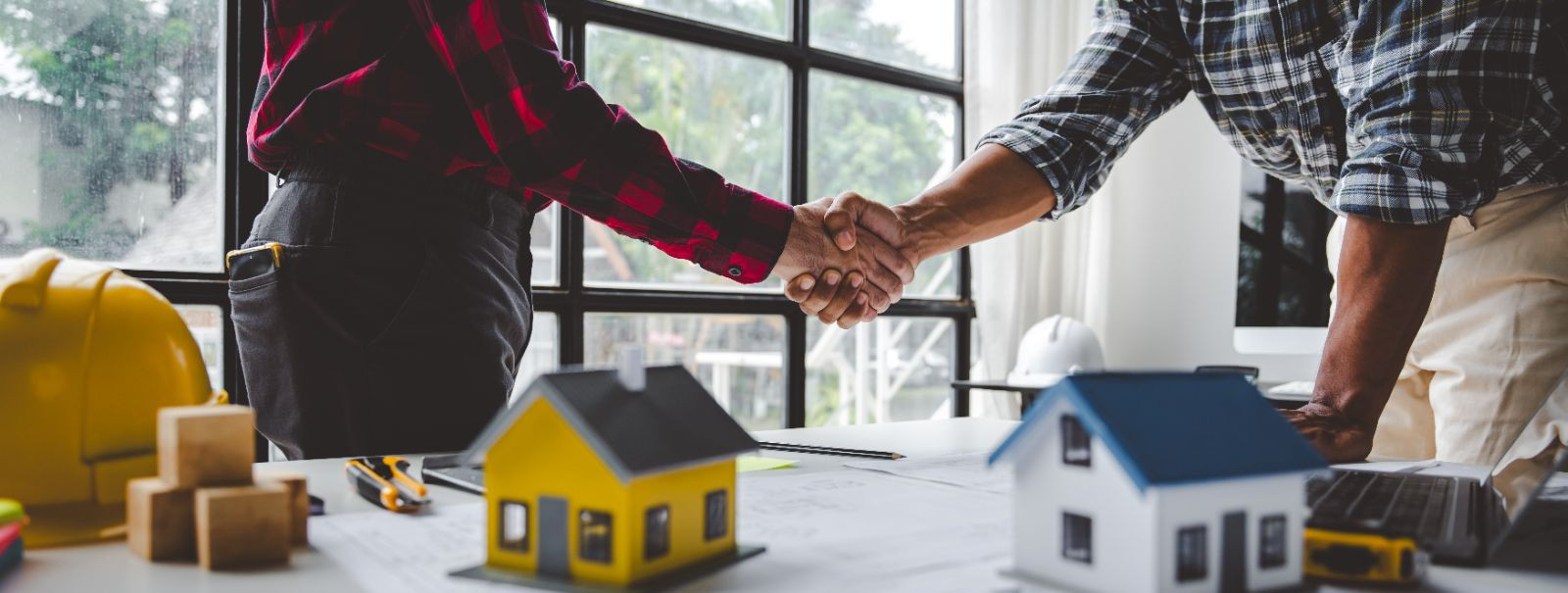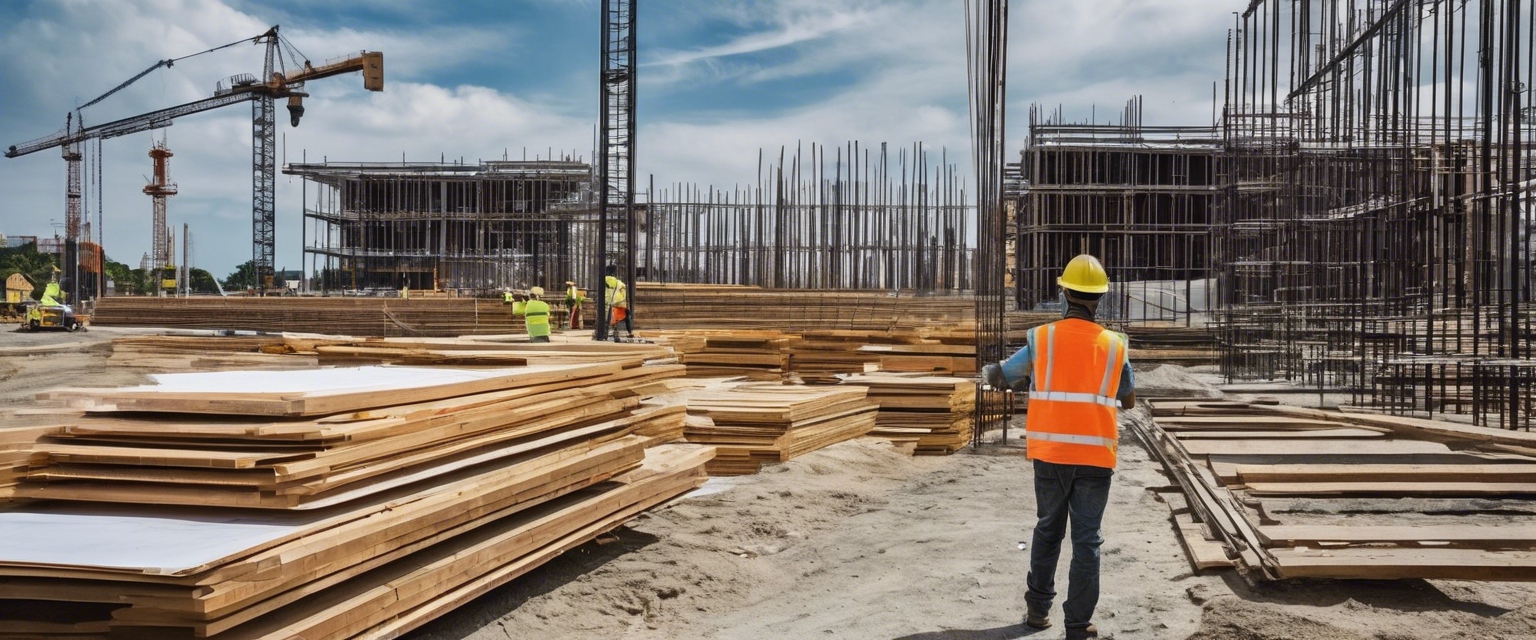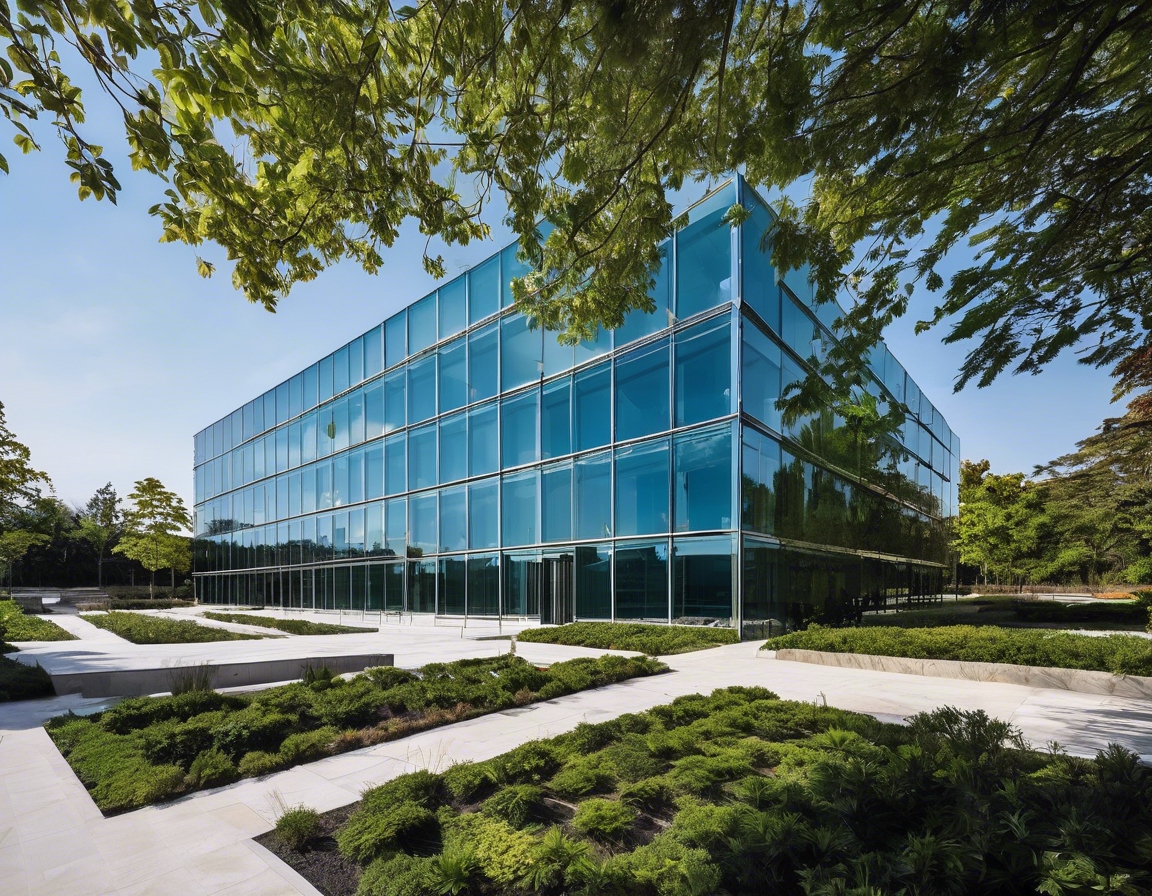How to choose the right property developer
Before embarking on the journey of selecting a property developer, it is crucial to clearly define the type of property you are interested in. Whether it's a residential home, a commercial space, or a mixed-use development, understanding your specific needs will guide your selection process.
Establishing a realistic budget is essential. Consider all potential costs, including construction, permits, and unforeseen expenses. A well-defined budget will help you narrow down developers who can deliver within your financial constraints.
For environmentally conscious individuals and businesses, sustainability is a key factor. Determine your sustainability goals, such as energy efficiency, use of renewable materials, and overall environmental impact, to ensure the developer aligns with your values.
2. Researching Potential Developers
Investigate the credentials and experience of potential developers. Look for certifications, industry affiliations, and years of experience in the field. A developer with a proven track record is more likely to deliver quality results.
Examine the developer's portfolio of past projects. This will give you insight into their style, quality of work, and ability to meet deadlines. Pay attention to projects similar to yours to gauge their expertise in your area of interest.
Research online reviews and testimonials from previous clients. A developer with a strong reputation for reliability and customer satisfaction is a valuable partner in your property development journey.
3. Assessing Developer's Approach to Sustainability
Inquire about the developer's commitment to sustainable practices. This includes their approach to reducing waste, conserving resources, and minimizing environmental impact throughout the construction process.
Ensure the developer uses eco-friendly materials that are durable and sustainable. This not only benefits the environment but also enhances the long-term value of your property.
Energy efficiency is a critical component of sustainable development. Assess the developer's strategies for incorporating energy-efficient systems and technologies into their projects.
4. Evaluating Quality and Innovation
Quality construction is the foundation of a successful property development. Inspect the quality of materials and craftsmanship in the developer's previous projects to ensure they meet your standards.
Innovation in design can set your property apart. Look for developers who offer creative solutions that enhance functionality and aesthetics while meeting your specific needs.
Modern properties benefit from the integration of technology. Evaluate the developer's ability to incorporate smart home systems, energy management tools, and other technological advancements.
5. Understanding Financial and Legal Aspects
Thoroughly review the terms of the contract with the developer. Ensure all aspects of the project, including timelines, costs, and responsibilities, are clearly outlined and agreed upon.
Clarify the payment structure and schedule. Understanding when and how payments are to be made will help you manage your finances effectively throughout the project.
Verify that the developer complies with all legal requirements and regulations. This includes obtaining necessary permits and adhering to building codes and standards.
6. Communication and Customer Service
Effective communication is vital for a successful partnership. Evaluate the developer's responsiveness to your inquiries and their ability to keep you informed throughout the project.
Transparency in operations and decision-making builds trust. Choose a developer who is open about their processes, challenges, and solutions.
Consider the level of support offered after the project is completed. A developer who provides ongoing maintenance and support ensures the longevity and success of your investment.






Comments (0)